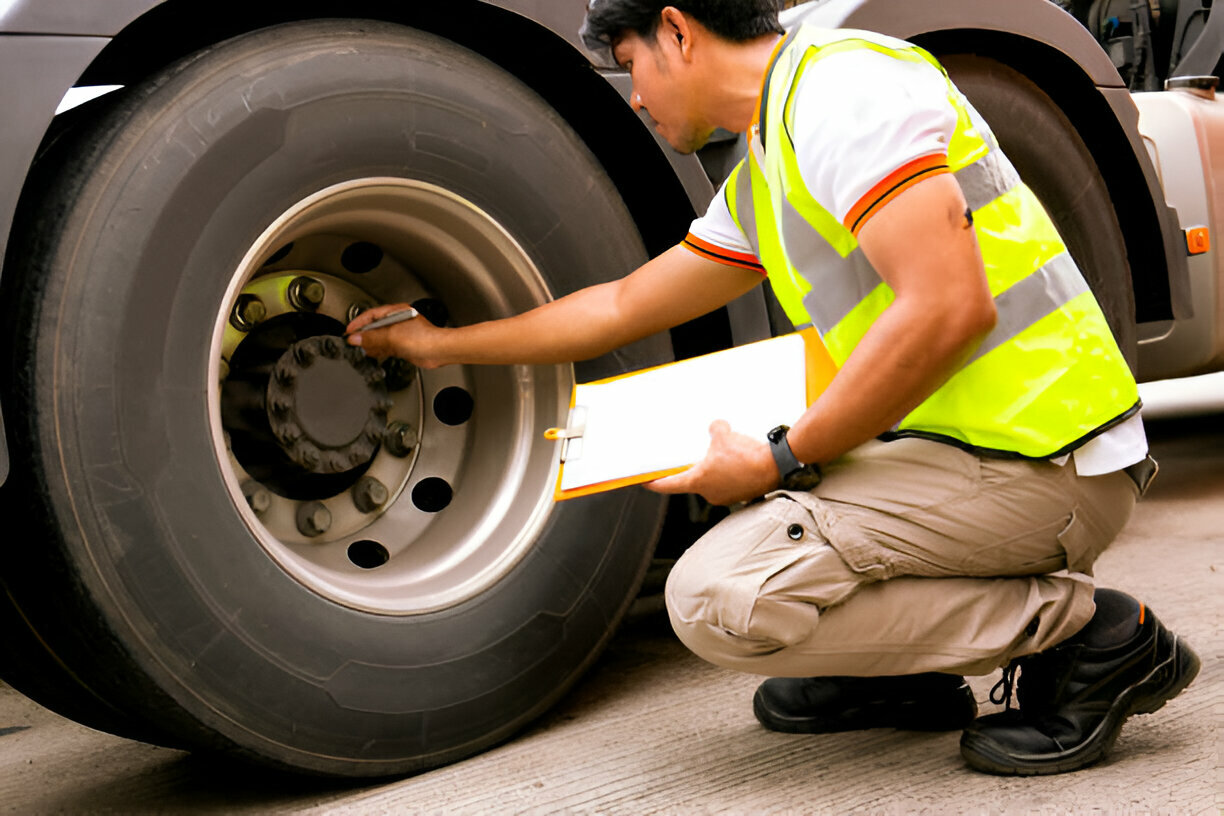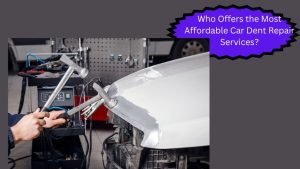
Introduction
Choosing and maintaining the right commercial tires is crucial for business owners in Atlanta, Smyrna, and Mableton. Proper tire selection and upkeep can significantly impact the safety, efficiency, and cost-effectiveness of your fleet operations. This comprehensive guide will provide detailed insights, statistics, expert recommendations, and practical advice to help you make informed decisions about your commercial tire needs.
Understanding the Importance of Commercial Tire Selection
1. Impact on Safety and Performance
Commercial tires are the foundation of your fleet’s safety and performance. Poor tire choices can lead to accidents, increased fuel consumption, and higher maintenance costs. According to the National Highway Traffic Safety Administration (NHTSA), tire-related issues cause approximately 11,000 crashes each year in the United States. Ensuring that your commercial vehicles are equipped with the right tires can help prevent such incidents.
2. Cost Implications
The initial cost of commercial tires may seem high, but investing in quality tires can save money in the long run. The U.S. Department of Energy reports that proper tire maintenance can improve fuel efficiency by up to 3%. For large fleets, this translates to substantial savings in fuel costs.
Factors to Consider When Selecting Commercial Tires
1. Load Capacity and Durability
Commercial tires must handle heavy loads and long distances. It’s essential to choose tires from reputable mobile tire services with the appropriate load capacity for your vehicles. Overloading tires can lead to premature wear and blowouts. Consult the tire manufacturer’s load rating chart to ensure you select the right tires for your fleet.
2. Tread Design
The tread design of commercial tires affects traction, handling, and longevity. There are several types of tread designs to consider:
Highway Tread (H/T): Ideal for long-haul trucks that primarily operate on highways. These tires offer a smooth ride and excellent fuel efficiency.
All-Terrain Tread (A/T): Suitable for vehicles that need to navigate both on and off-road conditions. These tires provide good traction on various surfaces.
Mud-Terrain Tread (M/T): Designed for off-road conditions, offering maximum traction in mud, sand, and rocky terrains. However, they may wear out faster on paved roads.
3. Weather Conditions
In Atlanta, Smyrna, and Mableton, weather conditions can vary significantly. Summers can be hot and humid, while winters are generally mild but can occasionally bring ice and snow. Consider the following tire options based on weather conditions:
All-Season Tires: Suitable for year-round use, offering good performance in various weather conditions.
Winter Tires: Designed for cold temperatures and icy roads, providing better traction and safety during winter months.
Summer Tires: Optimized for hot weather, offering superior performance and handling in high temperatures.
Expert Recommendations for Commercial Tire Brands
Several reputable brands offer high-quality commercial tires. Based on expert recommendations and industry reviews, here are some top choices:
1. Michelin
Michelin is renowned for its durable and fuel-efficient commercial tires. The Michelin X Line Energy Z tire is a popular choice for long-haul trucks, offering excellent fuel efficiency and longevity.
2. Bridgestone
Bridgestone’s commercial tires are known for their robust construction and reliable performance. The Bridgestone M726 ELA is an excellent option for mixed-service applications, providing durability and traction on various surfaces.
3. Goodyear
Goodyear offers a range of commercial tires designed for different applications. The Goodyear Fuel Max RSA is ideal for regional and urban delivery trucks, providing enhanced fuel efficiency and long tread life.
Practical Tips for Commercial Tire Maintenance
1. Regular Inspections
Conducting regular tire inspections is essential for identifying potential issues before they become major problems. Check for signs of wear, damage, and proper inflation. The U.S. Tire Manufacturers Association recommends inspecting tires at least once a month.
2. Proper Inflation
Maintaining the correct tire pressure is crucial for safety and efficiency. Underinflated tires can lead to increased rolling resistance, reducing fuel efficiency and causing premature wear. Overinflated tires can result in a harsher ride and uneven tread wear. Use a reliable tire pressure gauge to check and adjust tire pressure according to the manufacturer’s specifications.
3. Tire Rotation
Regular tire rotation helps ensure even wear and extends the life of your tires. The recommended rotation interval varies depending on the type of vehicle and tire, but a general guideline is to rotate tires every 6,000 to 8,000 miles.
4. Alignment and Balancing
Proper alignment and balancing are essential for optimal tire performance and longevity. Misaligned wheels can cause uneven tire wear and affect vehicle handling. Balancing ensures that the tire weight is evenly distributed, preventing vibrations and extending tire life.
Conclusion
Selecting and maintaining the right commercial tires is vital for business owners in Atlanta, Smyrna, and Mableton. By considering factors such as load capacity, tread design, and weather conditions, you can choose the best tires for your fleet. Additionally, following practical maintenance tips, including regular inspections, proper inflation, tire rotation, and alignment, will help you maximize the lifespan and performance of your commercial tires.
Investing in quality tires and adhering to a diligent maintenance routine not only enhances the safety and efficiency of your fleet but also contributes to significant cost savings over time. Stay informed and proactive in your tire management practices to ensure your business operates smoothly and successfully on the road.



